Things in Your Home That Are Making You Unhappy
When entering a home, notice your feelings. Do you feel inspired or a "blah" vibe? If it's the latter, it's time to declutter!
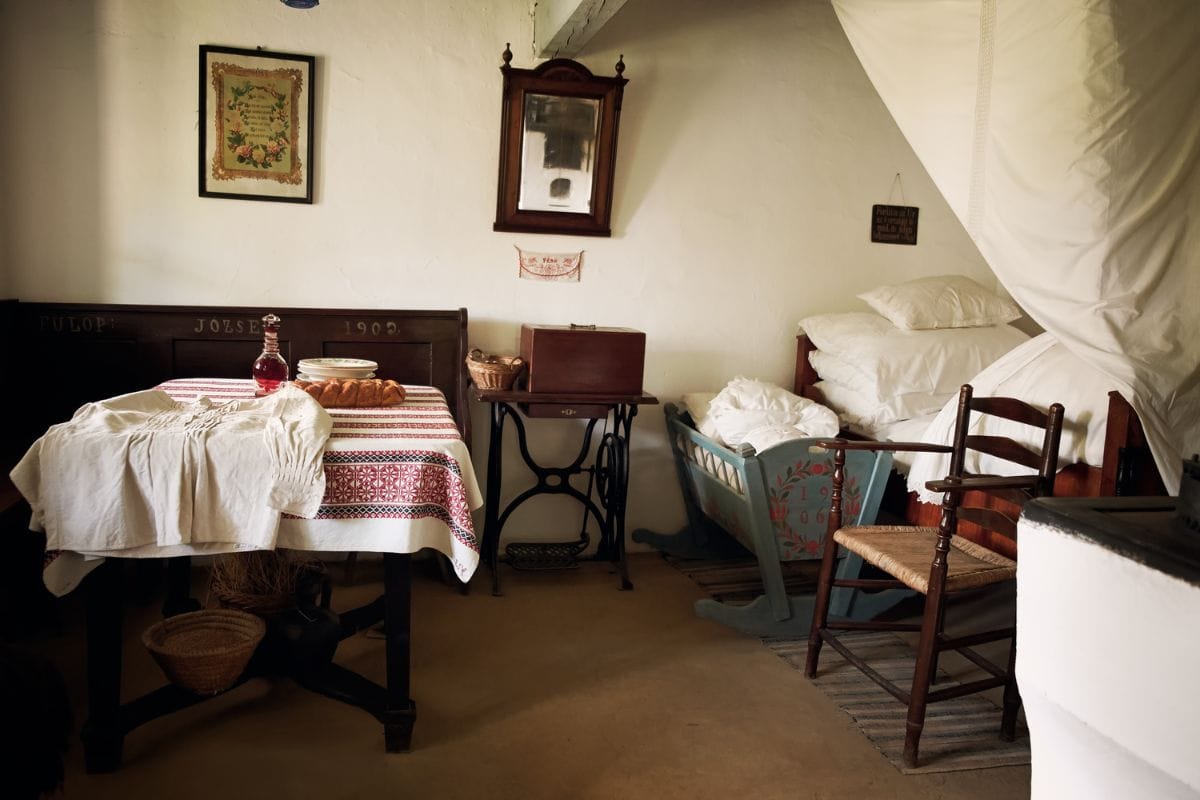
When you walk into a home or part of home , Pat attention to how do you feel being there. Do your surroundings inspires you or do you experience a persistent "Blah" feeling ? If the latter holds true then its the time to declutter your space . Surprisingly, these clutter can create a day to day emotional swift within a person, experts say.
Heirlooms and Gifts.

We hold onto heirlooms/gifts even though we don't like or enjoy them because we feel guilty giving them away. They weigh us down emotionally and cause physical clutter. We keep things that don't match our sense of style, and we then don't have space for items that would truly bring us joy."
Your Kids' Stuff.
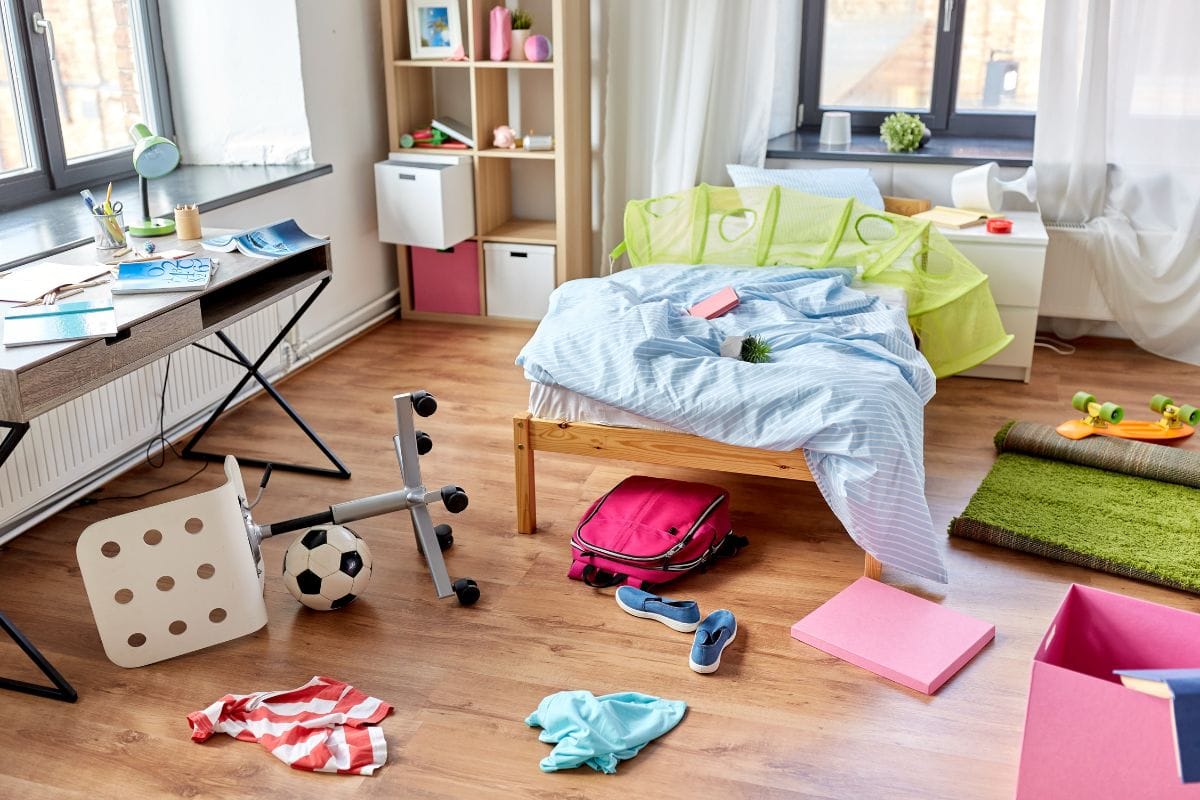
It's not just a few toys on the floor — it's the daily tide of toys, clothes, accessories, and even artwork. Kid clutter makes parents anxious, because it is so difficult to clean up and to find a space to keep it, so it worsens the feeling of being out of control — a feeling that so many parents already have around raising kids, when things aren't going smoothly.
Books You no Longer Love.

Books inspire such strong emotions, because they have been portals into other worlds, they gave us other lives and expanded imaginations. We tend to keep those that have been with us during important times in our lives. It's like giving up a piece of our lives to let go of a beloved book. But when a book has the opposite effect, it can stir up negative emotions instead.
Your Television.
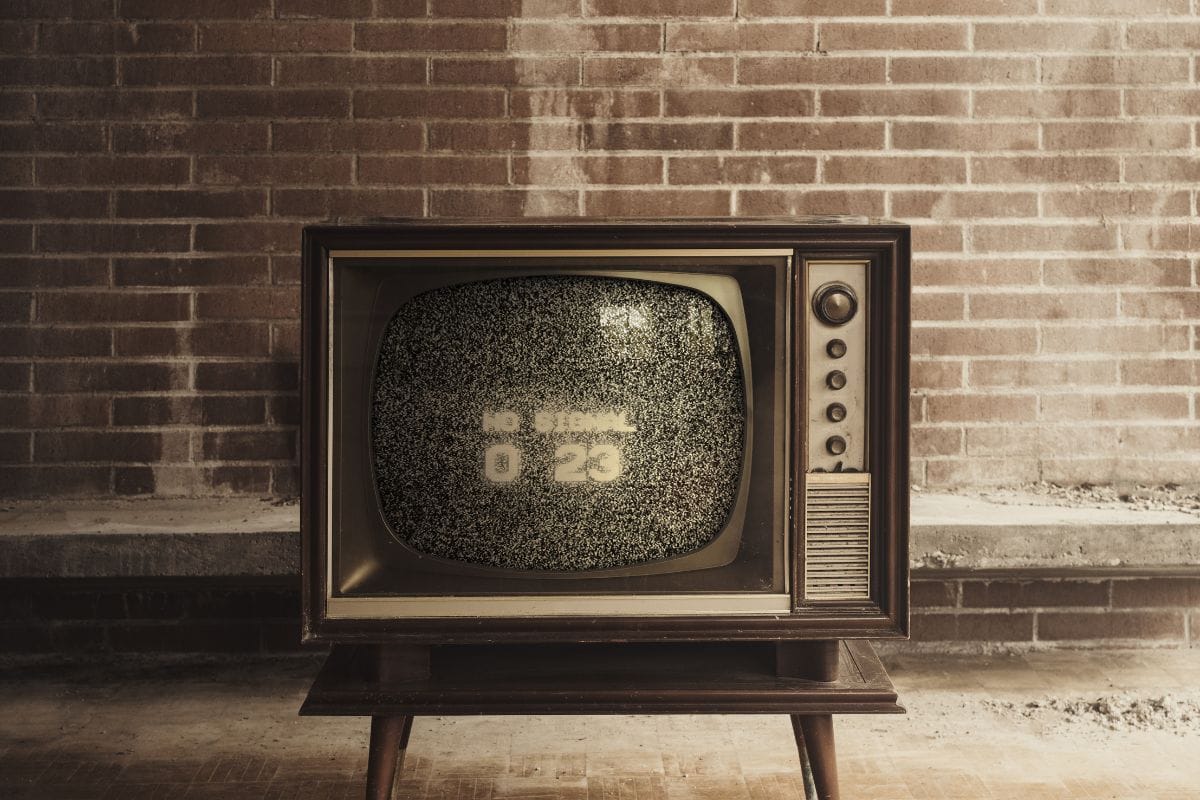
If you have a habit of clicking on TV as soon as you get home, listen up: Excess noise causes excess stress (and makes getting through your daily chores more challenging), so it's better to store your appliance behind a cabinet to reduce your urge to keep it on at all times.
Your Childhood Keepsakes.
You'll never give up your favourite doll or teddy bear, but the less-important artifacts from childhood can be tough to part with — but their presence can take an emotional toll. Change always brings up questions of who we are and what we want out of our lives. To find that the collection of dolls we've had since childhood no longer enchants, is to be forced to grow up. Always a tricky prospect.
Your Mirrors.
These decorative, reflective surfaces might not be the best choice of home decor. According to a report by researchers it is revealed that looking in the mirror eventually stressed them out about their looks. We're not suggesting you should start applying your mascara or curling your hair mirror-free, but you might want to limit mirrors to your bathrooms/ Dressing room to reduce the stress in your life.
Your Unmade Bed.
Skipping this chore has a surprisingly negative impact on your life. You see, organization is key to handling the daily hassles (and stressors) of life with grace, so starting your day off by tidying up your bedroom is crucial. And since making your bed every day might help you sleep better, and we all know being tired is a huge stressor, it's basically a win-win when it comes to your anxiety management.
Unused Hobby Supplies.
Abandoned or unused hobby supplies are a form of aspirational clutter. It's much easier to collect the materials for a hobby than to make the time and effort to pursue it. That stash perpetuates a particularly strong cycle of guilt and anxiety, since it's something you spent money on and didn't use.
Heavy Drapes.
Thick velvet drapes shroud your living room in darkness and almost immediately attracts all the dust in your home. As per experts Generally, the heavier your furniture and window treatments are, the heavier the atmosphere feels. There are certain times when a space calls for a substantial, weightier drape, but choose your window coverings carefully and remember, 'light and airy' will make you feel light and airy!"
The Wrong Color.
Color has a proven psychological impact on mood. We know that reds, orange, and fiery tones are active and stimulating colors, blues and greens are more relaxing, and gray and beige are neutral,experts says. But they also stresses the importance of choosing a color you love, rather than one that's trendy.
Broken Items.
Every time you open the cabinet, there it is: your broken vintage teacup. It might be past repair, but you still hesitate throwing it out. Theory is that it's a feeling of lack,according to an architect. We're scared of not having enough, it's a poverty mentality. Which really is about not feeling "enough" or worthy in ourselves. The fear of letting go of things. But cultivating the poverty mentality only perpetuates it, and surrounding yourself with broken items creates a similar broken energy in our inner and outer lives."
That Heap of Old Papers.
The worst thing about a pile of paperwork is knowing just how all over the place its contents can be. Big piles of paper clutter can bring on anxiety, feelings of being overwhelmed, shame and definitely stress. Breaking the pile down in easier-to-tackle chunks can help deal with the overwhelming feelings.
Open Storage.
Using an extra shelf to store stacks of plates and spices is totally worth it, but don't over do it. People have a tendency to store too many bins and tools instead of getting rid of unnecessary items as needed, creating clutter — which, we know can bring on feelings of anxiety and stress.
Random Items ( Bought on Sales or promotional freebies).
This type of clutter is annoying and people have a hard time getting rid of this stuff. The conference swag also always seems like it would be useful, but it usually just ends up rattling around your home or junk drawer. It's hard to let an item go when it's free or on sale, because of the perception that you got a good deal or you think it must be worth something.
Finally ! When to Get Help.
If you're struggling with parting with items in your home, professional help is available. "Sometimes not being able to throw anything away is actually hoarding, a form of obsessive compulsive disorder," says Experts. "This is particularly so if you have collections of various things that really don't make sense like newspapers, lipsticks, things which you don't individually care about. If parting with all your collections gives you a lot of anxiety and is infringing on your livable space, this may require some intervention from a therapist who can help treat the OCD and thereby the hoarding."

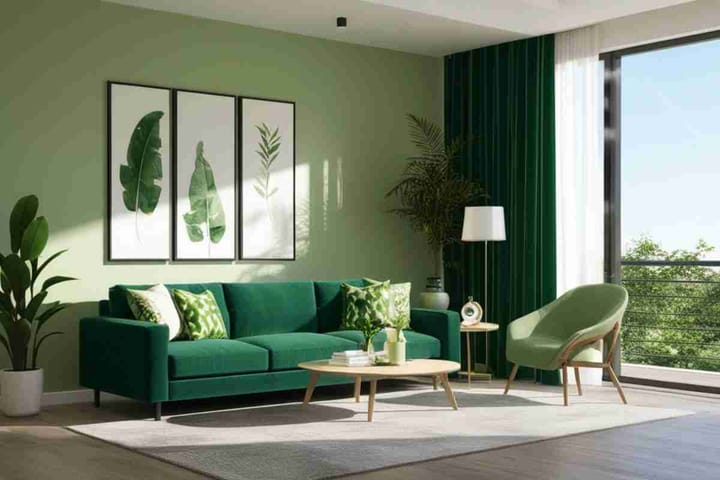
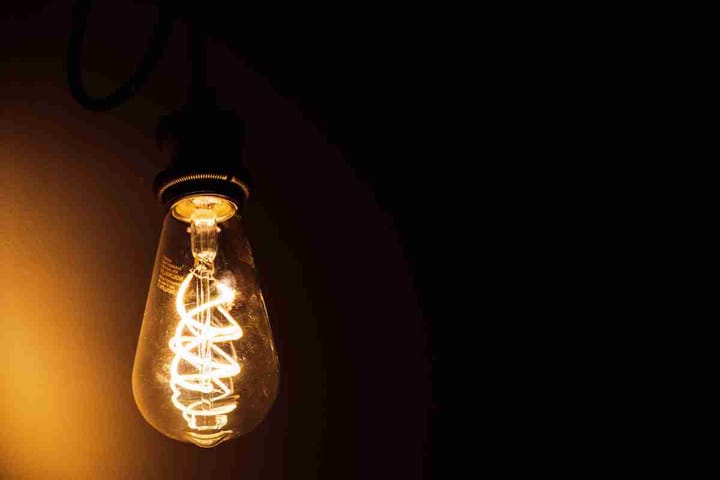
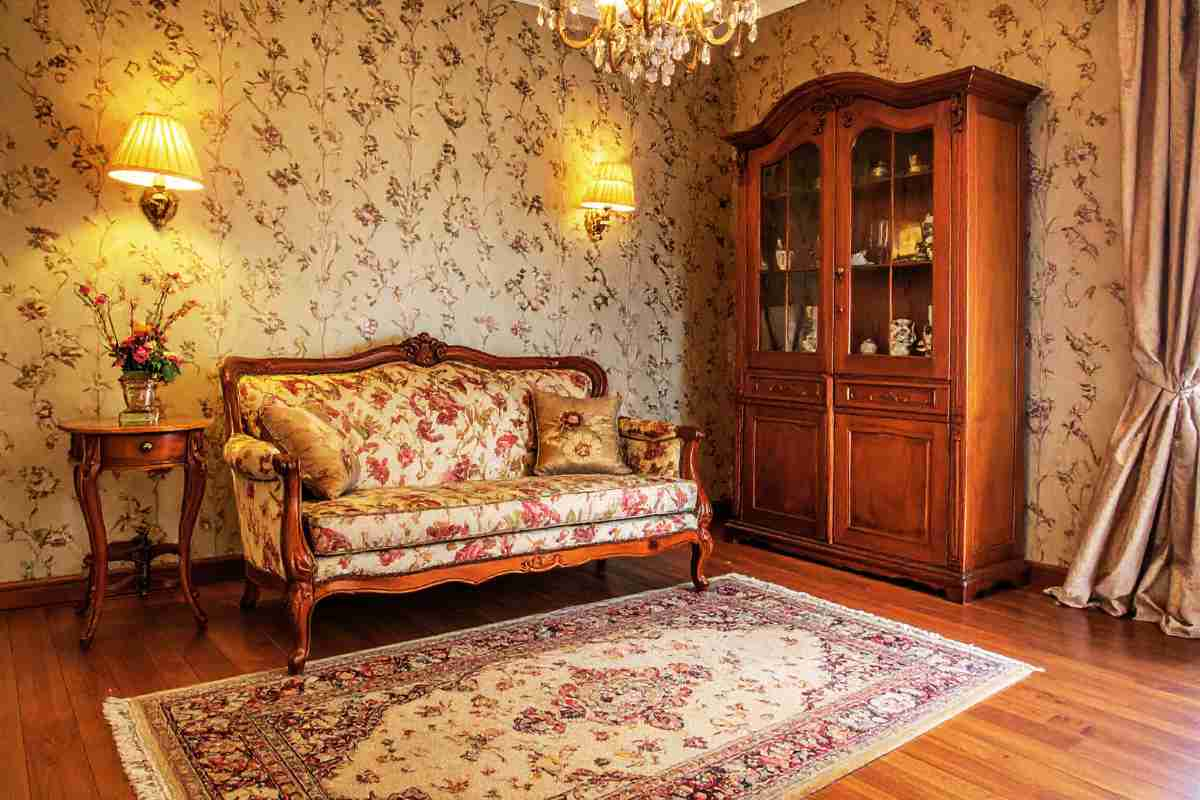
Comments ()